Actions, not Words
Only by embedding themselves in communities and reflecting their customers will luxury brands truly embrace diversity, says Uwern Jong
Embracing Authenticity
Exclusivity lies at the heart of luxury. But exclusivity and authenticity are not mutually exclusive, and luxury brands can genuinely embrace the principles of diversity, equity, accessibility and inclusion (DEAI). Crucially, brands must truly become part of the communities they seek to work with to ensure they are not being performative or looking merely to make a profit. They must engage in long-term strategies throughout the year that support development and growth.
Pride Month for the LGBTQI community is a prime example. Many brands will change their logos throughout June to display the rainbow or progress flag and create products and services to catch the attention of the community. But the community can very quickly sniff out those who are rainbow-washing and lack depth of thinking in their activities.
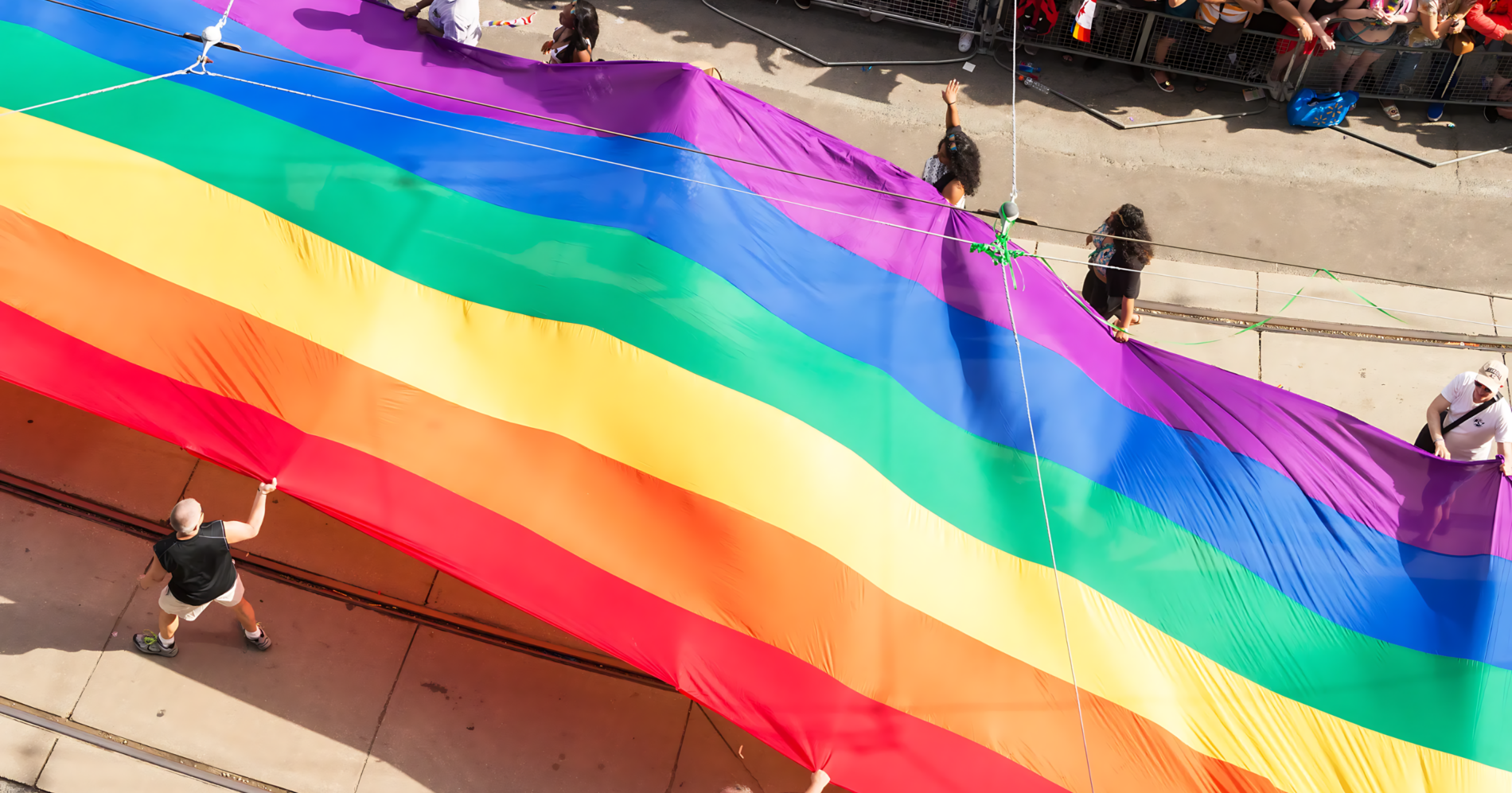
Marginalised communities are looking for brands that show true commitment and do not simply prioritise community engagement as a calendar event. There have been instances where brands are quick to backtrack when they come under pressure from the mainstream as to why they are championing certain causes. The brands that are most successful are those which double-down on their dedication in these instances, because their work is backed by a robust strategy and they know that it is good social stewardship to do what they do, 365 days a year.
Consumers want to put their money where their values lie and they scrutinise companies, their ownerships and the organisation’s C-suite to see if they are diverse. Representation matters and brands will find it hard to move forward on DEAI if they do not have diverse people working for them and in leadership positions, or if they are not enlisting strategic partners who can help them on their journey towards inclusion.
A culture of DEAI is crucial throughout the organisation and not limited to just HR and Marketing. It must permeate all of the brand’s actions.
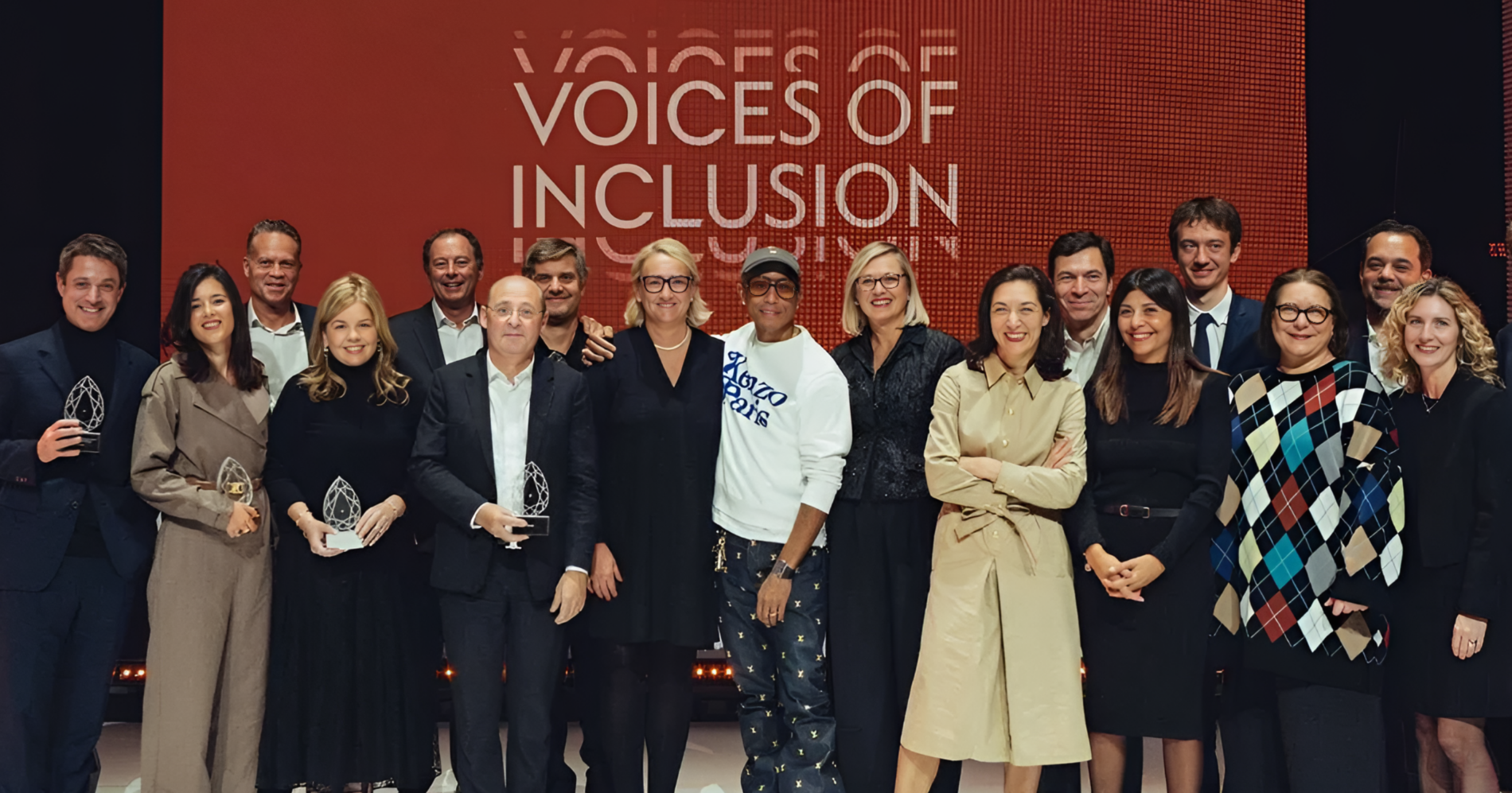
LVMH is a good example of a luxury brand that has successfully integrated DEAI into its ethos. Its strategy is entitled ‘Diverse by essence, inclusive by choice’, which demonstrates an understanding that the LVMH workforce – which counts more than 190 nationalities and four generations operating in more than 80 countries – underpins the company’s success. But taking it further from just who works for LVMH, to who it works with, the ethos spans every link in the company’s value chain. By believing in its people’s uniqueness, whatever their backgrounds, LVMH is showing that valuing difference is core to making its business more creative, more innovative and stronger.
LVMH is not alone. The city of Stockholm has a destination marketing organisation called Stockholm LGBT that engages internationally with queer travellers and their travel providers. Travel brands like Brand USA (the US tourist board) are moving forward in the accessibility space to be more cognisant of the needs of those with physical and neuro-disabilities. Many cruise companies such as Celebrity and Explora Journeys are going the distance to ensure that their communications are bringing new meaning to the term ‘fully inclusive’.
Travellers of all colours, ethnicities, genders, sexual orientations and preferences are looking to explore the world. Yet few brands shout about their DEAI practices, despite the fact that 71 per cent of diverse travellers choose brands which demonstrate inclusivity. Often brands are doing good work and are naturally inclusive, but because this is frequently considered to be an internal initiative or part of the business culture, it doesn’t get showcased to consumers. Brands are very quick to talk about their sustainable credentials (often in deep detail) when it comes to the environment, but rarely do I see any DEAI policies or activities on a company’s website at a consumer and non-corporate level
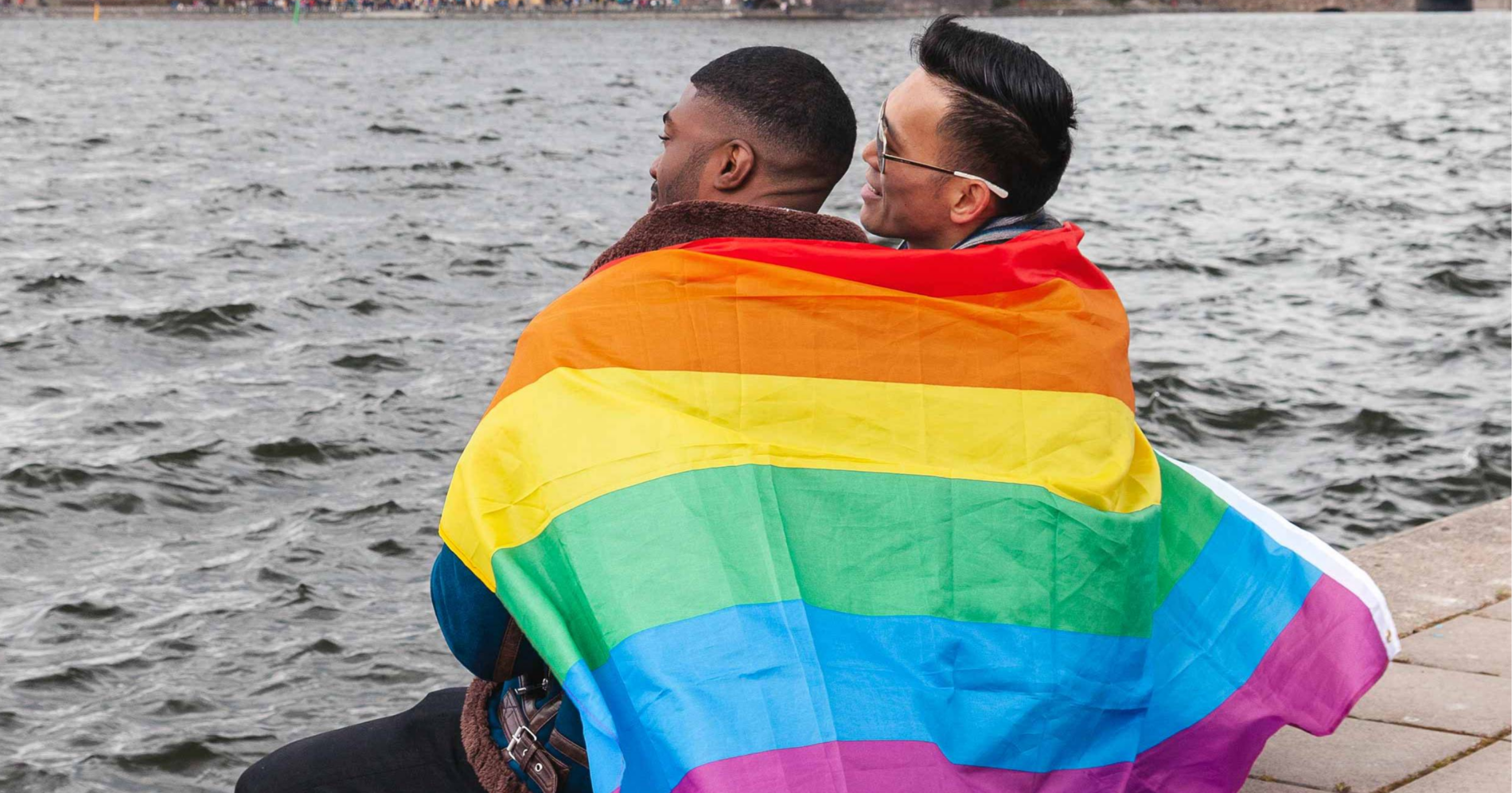
And yet there are some very easy wins out there. Google Business and Maps listings have a number of attributes like women-owned, BIPOC-owned, LGBTQ+ welcoming and transgender-safe spaces that brands can check. I almost never see them used.
Accreditations and certifications can also help. In travel, the IGLTA-accredited scheme by the International LGBTQ+ Travel Association , which I helped develop, is an eight-point, criteria-driven programme to demonstrate that hoteliers and accommodation providers are truly doing the work.
Which is not to say that there is not a lot more work to do. Unconscious bias is still rife in our industry. Because of successive generations of traditional social structures, we find ourselves still conforming to industry standards that are not inclusive.
The definition of a luxury consumer in 2024 is still largely heteronormative, white, youthful, coupled and conventionally able. That’s how it’s been done for decades, so it continues to be done that way. Until there are people within an organisation who are able and willing to go further and build a culture of DEAI, there is no catalyst for change and things continue to happen in the way they always have and people continue to feel left out. No wonder that two thirds – 66 per cent – of diverse travellers say that they feel unrepresented.
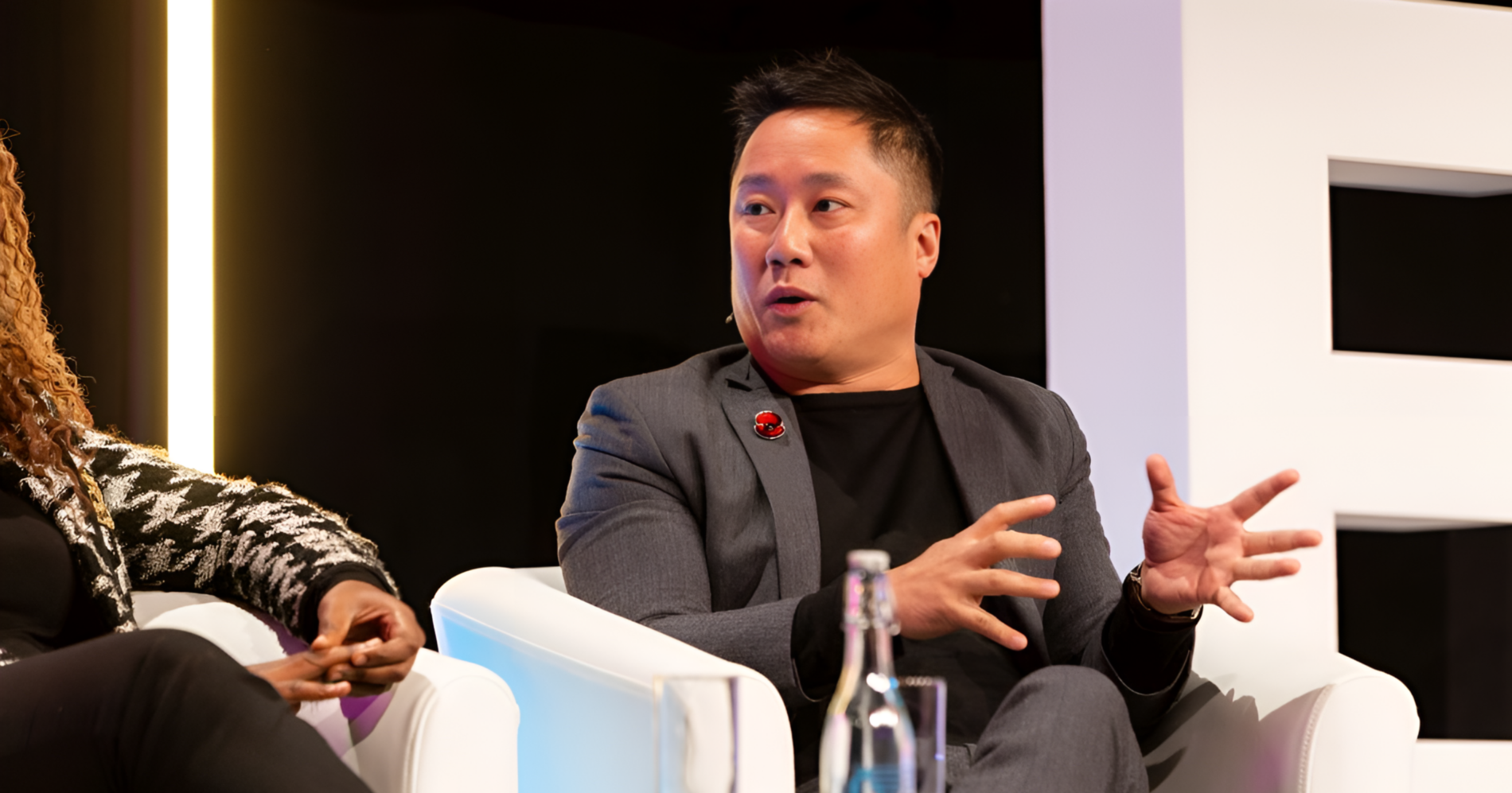
It is vitally important that brands engage in ongoing diversity and inclusion training for their staff. In an ever-fluid workforce, companies must ensure that everyone is on the same page when it comes to understanding ‘culture’ and how to rid unconscious bias. Ongoing training and personal development is a big part of that. It helps team members understand and support each other. And it helps iron out creases caused by people lacking the lived experience of others. You’d be surprised how much such training can impact society outside work when people bring home the lessons they’ve learned to their personal circumstances, family and communities.
But things are heading in the right direction. There is a move towards a greater understanding of disability – whether physical, cognitive, neurological or otherwise. This has forever been an underserved community whether in travel, retail or digital spaces. I don’t say minority; it is estimated that some 15 per cent (and growing as the general population ages and living longer) of luxury audiences have a disability, whether permanent or temporary, that hampers them from accessing spaces in the world. Brands that can tackle this and become truly inclusive to champion the need for greater accessibility will see great profits in the future, not just monetary but also in brand goodwill.
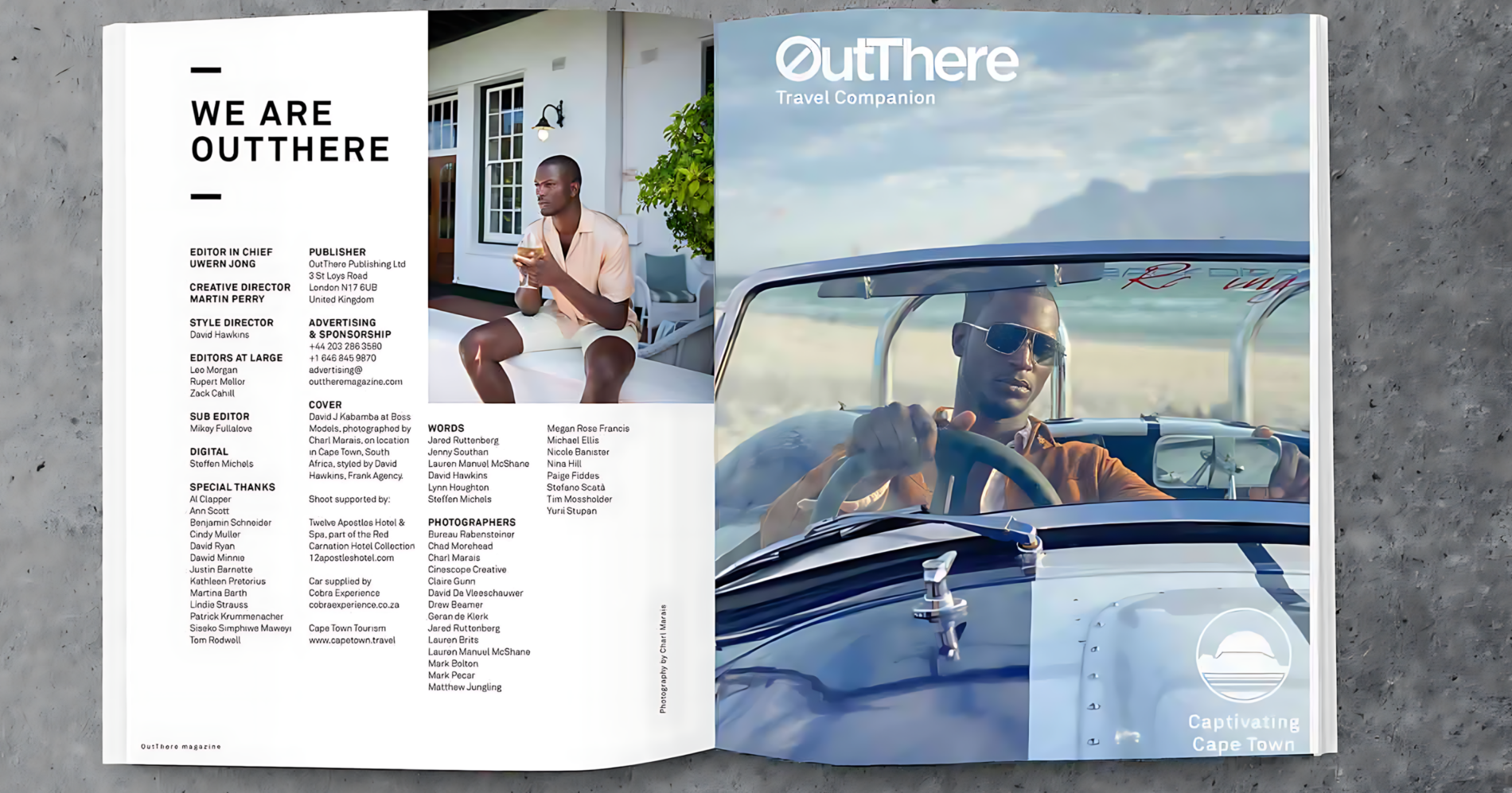
My work is all about changing the luxury industry to make it more inclusive. My thrust is to create more allies in the industry – it takes a village, so to speak – and to get everyone to think far beyond the way they have traditionally done things. Every business is different, and at a different part of the lifecycle, and each has individual ways to get to the end result, which is a more diverse and inclusive future for all. My biggest push now is to turn the conversation about DEAI into actions. We currently talk too much and pat ourselves on the back when we engage in a discussion about diversity. Yes, discussion is important – but action is even more crucial.
Uwern Jong is experientialist-in-chief of luxury and experiential travel journal rooted in diversity, discovery and discernment, OutThere. Uwern leads landmark projects both through OutThere and on behalf of tourism clients, including Icons of Inclusion, IGLTA Accredited and the LGBT+ Travel Symposium series. He was recently named one of Walpole’s 50 Most Influential People in British Luxury, as well as TTG’s LGBT+ Trailblazer, alongside other journalism awards. Find out more about Uwern atwww.outthere.travel, @outtheremag and @uwern
Continue reading

